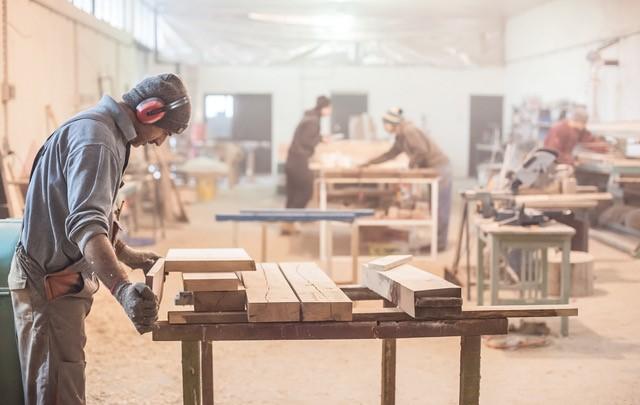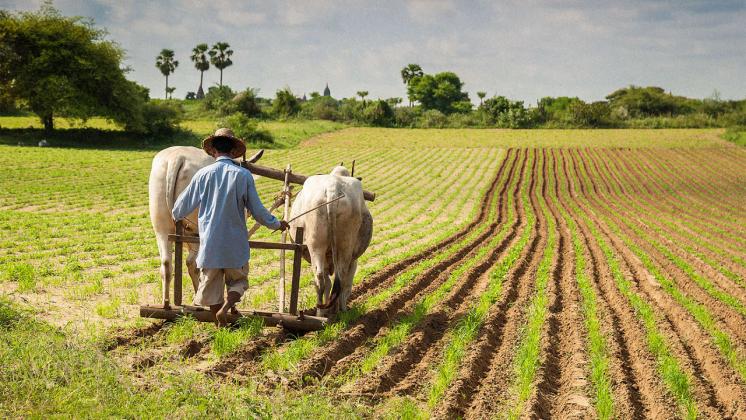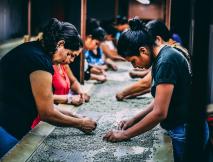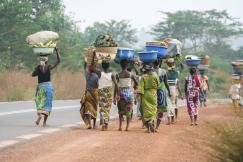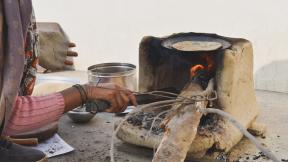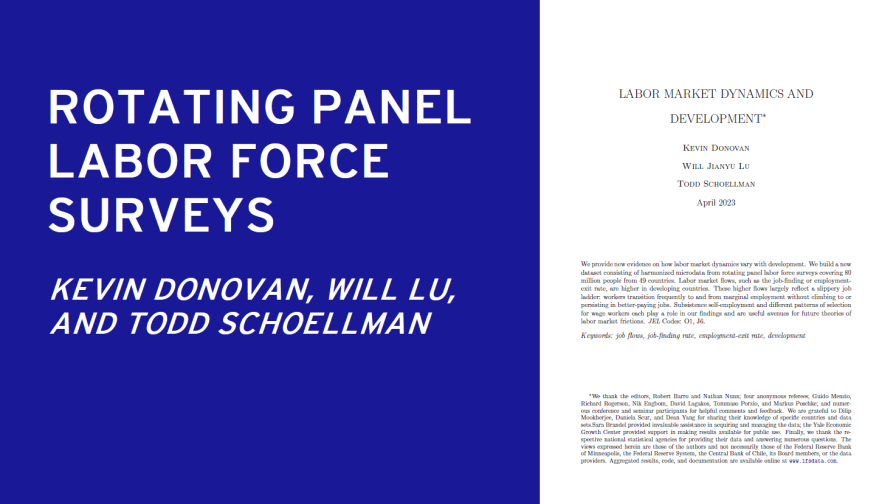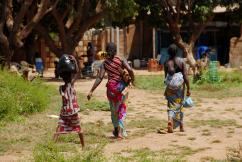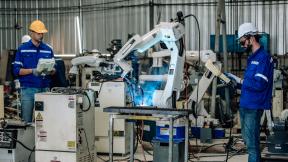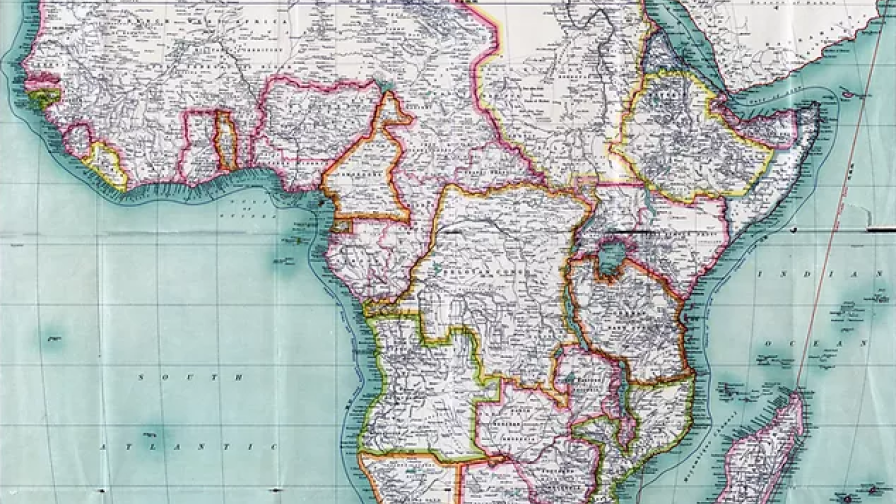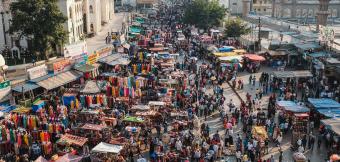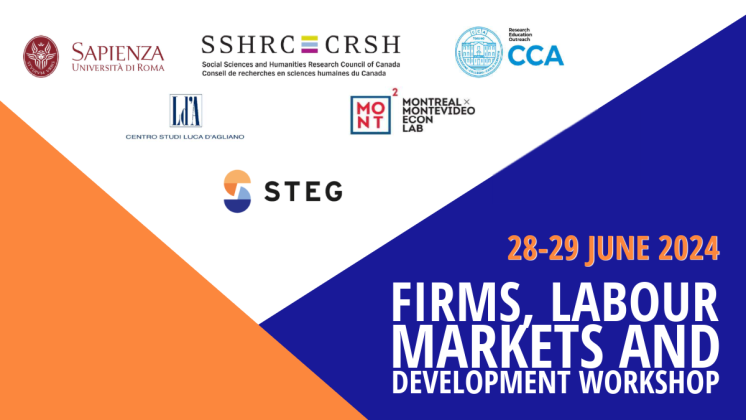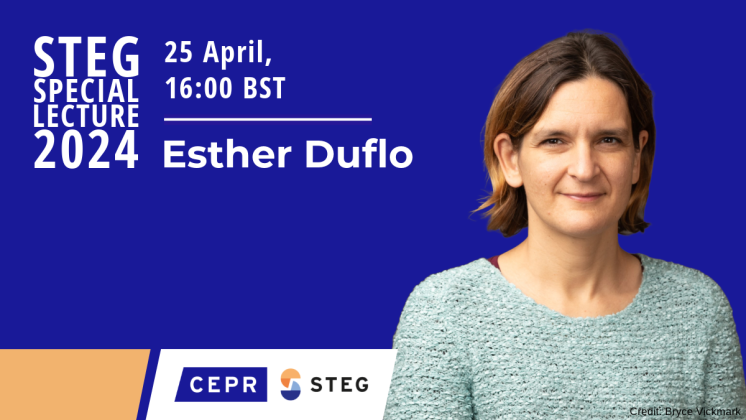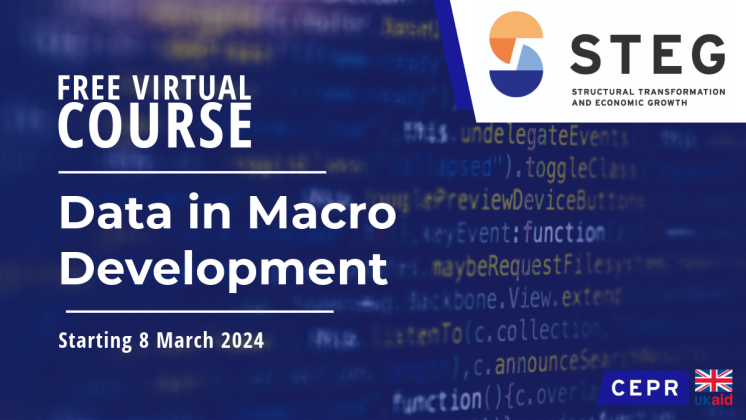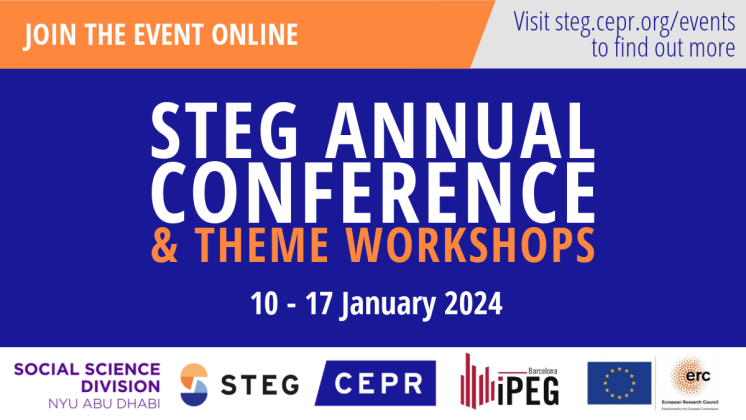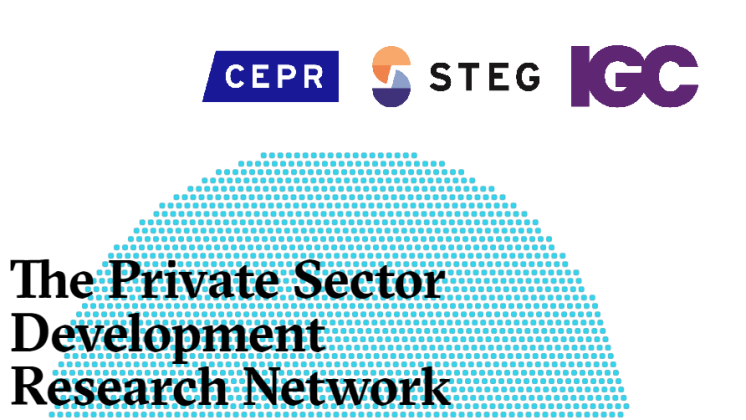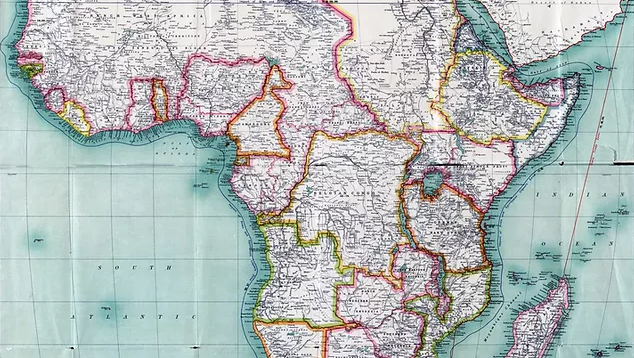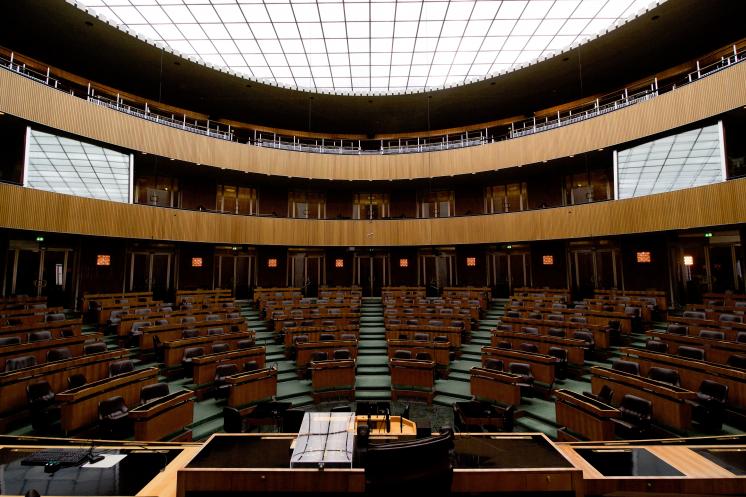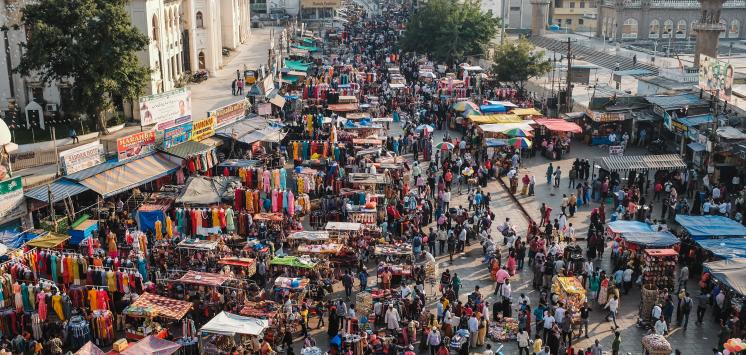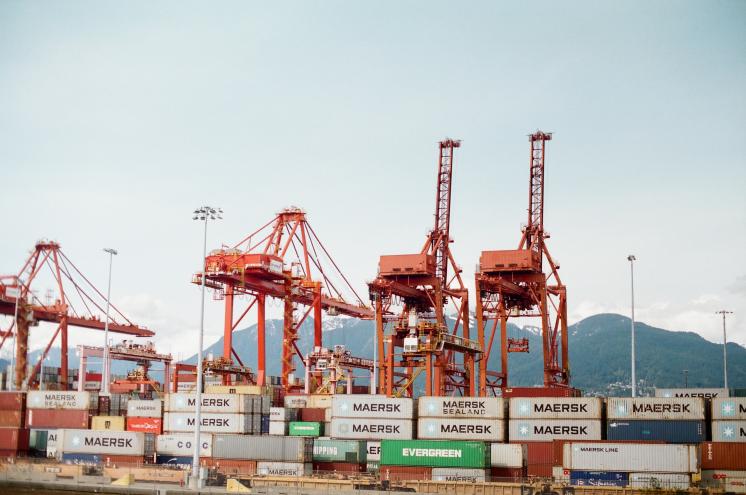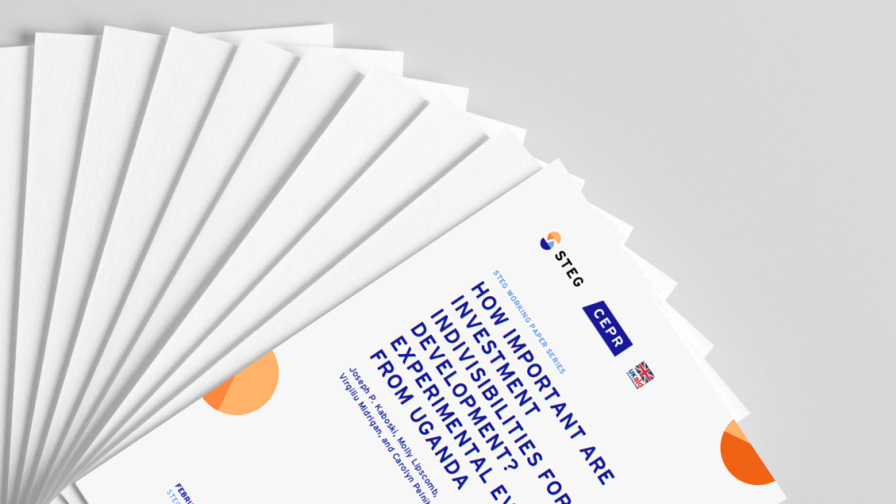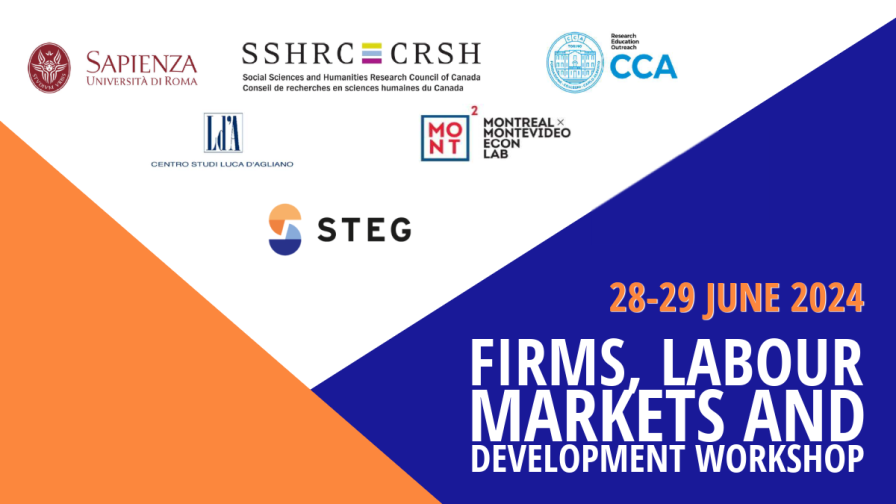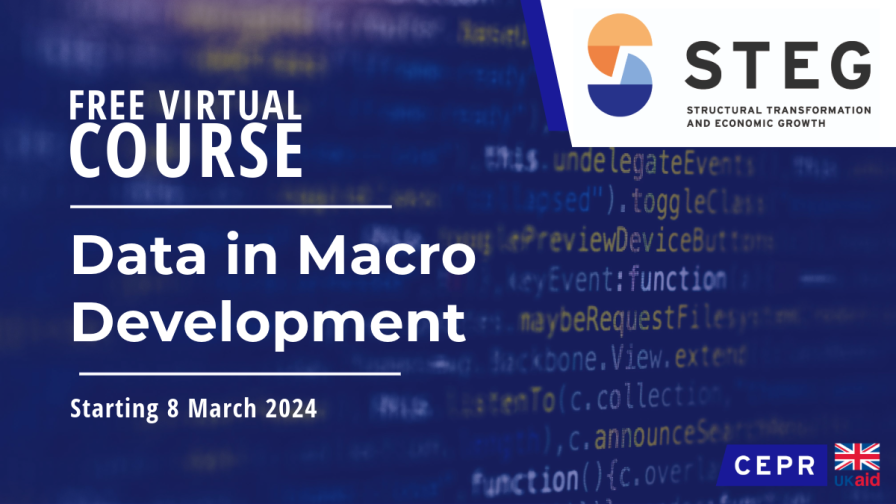Please find below more information about the workshops, including links to the programme and registration.
Theme 0: Data, measurement, and conceptual framing
Workshop date: 8 September
This workshop will focus on how improved data or economic measurement can help shed a light on the process of structural transformation and its link to economic growth. There is a particular interest in understanding the challenges for low-income countries.
Theme leaders and workshop organisers: Robert Inklaar (University of Groningen) and Akos Valentinyi (University of Manchester and CEPR)
VIEW PROGRAMME & REGISTER HERE
Theme 1: Firms, frictions and spillovers, and industrial policy
Workshop date: 16 September
This workshop will focus on the roles of firms, frictions, spillovers and industrial policy in structural transformation and economic growth, with a particular interest in understanding the challenges for the poorest countries. Methodologically, we invite a wide range of approaches including theoretical modelling, quantitative analyses, empirical work utilising secondary datasets and micro-compartments in developing countries.
Theme leaders and workshop organisers: Francisco Buera (Washington University in St. Louis and CEPR) and Ezra Oberfield (Princeton University)
VIEW PROGRAMME & REGISTER HERE
Theme 2: Labour, home production, and structural transformation
Workshop date: 13 September
This workshop focuses on how home production and market work change during the process of structural transformation, as an economy develops. We are particularly interested in how different types of barriers -- in the home and the market -- affect the movement of work from households into the market, and how these barriers may affect different workers (men/women, unskilled/skilled, etc) in different ways. Our interest is in identifying barriers that help us understand structural change in the labour market in developing countries: how it might be similar to the historical record in developed countries, and ways in which it might differ.
Theme leaders and workshop organisers: Taryn Dinkelman (Notre Dame and CEPR) and Rachel Ngai (LSE and CEPR)
VIEW PROGRAMME & REGISTER HERE
Theme 3: Agricultural productivity and sectoral gaps and Theme 4: Trade and spatial frictions
Workshop dates: 19-20 September
This joint workshop with Theme 3 & Theme 4 will focus on how market integration - both internal and global - shapes the structural transformation process in developing countries. In particular, we are interested in the role of agriculture and connections between agriculture and on economic development.
Theme 3 leaders and workshop organisers: Kevin Donovan (Yale School of Management) and Julieta Caunedo (Cornell University and CEPR)
Theme 4 leaders and workshop organisers: Costas Arkolakis (Yale University and CEPR) and Paula Bustos (CEMFI and CEPR)
VIEW PROGRAMME & REGISTER HERE
Theme 5: Political economy and public investment
Workshop date: 9 September
This workshop will focus on the political economy of policies that promote economic development. We are particularly interested in understanding the following questions: Why are growth-conductive policies or regulations adopted in some regions but not in others? What is the role of capture by interest groups and elites in determining these policy outcomes? What are the political economy implications of the increased collaboration between public and private sectors in several developing countries? We invite applications using different methodologies, but we particularly welcome empirical projects.
Theme leaders and workshop organisers: Monica Martinez-Bravo (CEMFI and CEPR) and Leonard Wantchekon (Princeton University)



